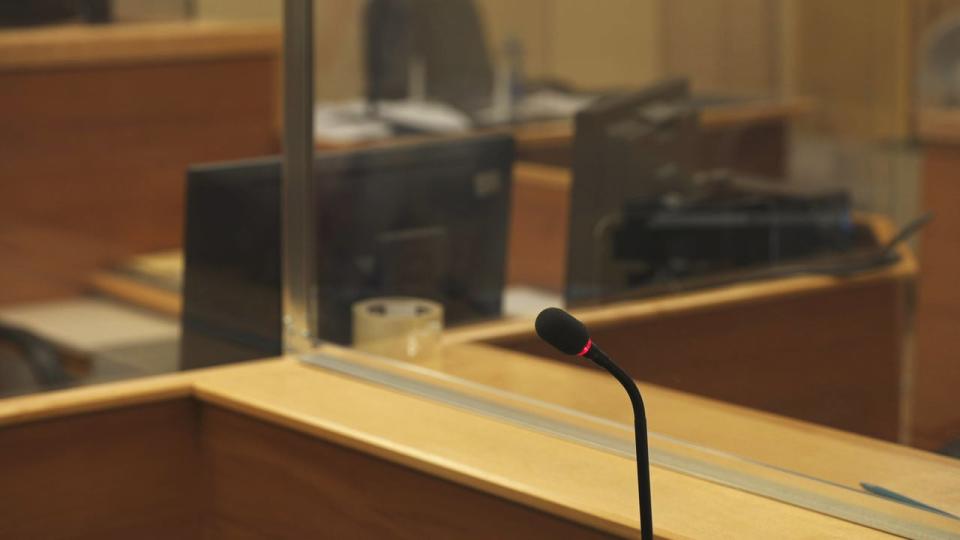In Quebec's north, criminal cases are being dropped because of a drastic lack of resources

Quebec's justice minister is blaming the Court of Quebec for procedural delays causing a slew of dropped criminal cases in Nunavik and Abitibi-Témiscamingue.
On Thursday, Simon Jolin-Barrette reacted to a report in La Presse that 126 cases had been dropped in the two regions since March.
On the sidelines of a Coalition Avenir Quebec caucus retreat, Jolin-Barrette said he is not happy with the situation.
"My first thought is for the victims, I don't like it," he said.
Jolin-Barrette says he has worked to increase the number of judges and resources provided to the Quebec court and that 10 years ago there were 270 judges in the province. Now there are 319.
The justice minister said the co-ordinating judge overseeing the northern districts has cut the number of days set aside for hearings compared to the previous year and those who manage the tribunal should call for reinforcements from other regions to help colleagues in Abitibi-Temiscamingue and Nunavik.
The Crown prosecutors' office, the Directeur des poursuites criminelles et pénales (DPCP), confirmed the La Presse figures to Radio-Canada, specifying that among the 126 dropped files, 99 come from the itinerant court which travels around James Bay and Nunavik.
The remaining 27 cases concern the Val-d'Or, Amos and Ville-Marie courthouses.
'It's a bad look for everyone involved': defence lawyer
Defence lawyer Louis-Nicholas Coupal says there appears to be a "fundamental, drastic and tragic lack of resources."
He has been practising law in Nunavik for 10 years and says these shortages make it "nearly impossible" for the system to process all its cases.
"Trials that are not held in a timely manner, it's a bad look for everyone involved," said Coupal.
"People who are accused of a crime everywhere in Canada are entitled to having a bail hearing very promptly … In Nunavik it often took a few weeks, or many extra days."

The courthouse in Kuujjuaq, Nunavik's largest community. Lawyers say people across the region sometimes have to travel to get their cases heard. (Olivier Plante/Radio-Canada)
'We're all responsible'
Jean-Claude Latraverse has been among those highlighting the gaps in the justice system in Nunavik, having practised law in the region for 20 years. He released a report into the court system last year and says the latest reports come as no surprise.
"I was a bit angry to see that," said Latraverse.
"The victims of this are the accused that have been waiting for months to know exactly what's going to happen in their files."
He says this has been happening for years.
"We're all responsible. There's no one that can say, 'well, I did what I could and I did everything that I could,'" said Latraverse.
He says the unfortunate part is how the court system is not able to keep its promises to deliver justice.
"I hope that some day the people will get what they deserve," said Latraverse. "Which is fair justice that takes that into account their own needs, their own traditions of mediation of problem-solving within the communities.


